How to fund a self build – expert tips
Fancy self-building your new dream home? We've got all you need to know about 'plotting' the cash and where to start.
Thinking of building your own home? It’s a huge task but one that can be hugely rewarding if you get it right. You’ll get the property you actually want, and you may be able to save substantial sums. The big question is how to fund a self -build home - as it's hard to know where to start?
So, you've financed a kitchen remodel and nailed it. Then, project managed a double extension with ease. Perhaps the next stage is to look into building your dream home yourself. It's not as intimidating as it sounds when you know how to fund a self build and implement the custom construction, with the right Property advice. Plus - you won't have to take a course in bricklaying either.
How to fund a self build
‘It’s important to know that a self-build home is really a self-commissioned home; one where the design and specifications are chosen by the occupant,’ says Andrew Baddely-Chappel, CEO, National Custom & Self Build Association (NaCSBA).
‘They generally make the decisions rather than do the work themselves. Although many also do parts of the process such as project management and sometimes part of the physical build too. The more you do the more you can save. Most self-builders end up with better homes for less money than if they’d purchased the finished home from a developer.’
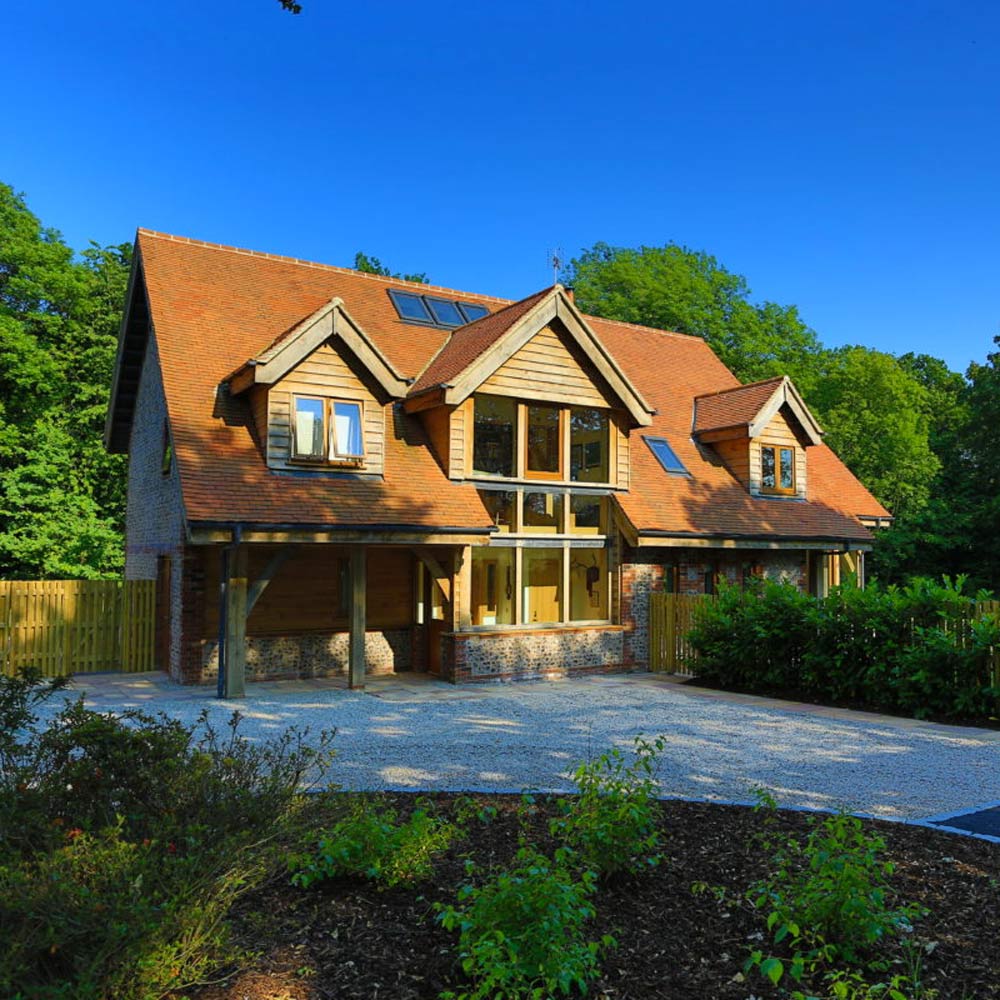
Still, you will need to plan the funding of your self-build carefully. There are lots of different options when it comes to funding a self build home.
Using you savings
If you’ve been able to build up a substantial pot of savings to fund your self-build, you will want to be sure the cash is held in a bank or building society account that offers security, as well as a competitive rate of interest.
‘We put our money into National Savings Income Bonds when we self-built our home,’ says Mark Brinkley, author of House Builders Bible. ‘A Government backed scheme felt more secure to us. Premium Bonds are another good option as you can draw the money down when you need it.’
Whatever you’ve calculated your costs to be, it’s vital to have a contingency fund on top of around 15-20%. ‘It’s hard to get fixed priced costs from builders at the moment due to shortages of supplies and labour,’ says Brinkley.
‘It’s currently a fluid situation and your contingency could be swallowed up by unforeseen build costs. Although, usually it’s below ground costs that can eat into a budget. You never quite know what the foundations will be until you “break ground”. The difference between a straight floor foundation and a complicated one can be tens of thousands of pounds. You have more control above ground as you can change the spec as you approach the end and choose the fittings.’
If you want to top up savings, with equity in an existing home, you can opt for a bridging loan, which is paid off once the property is sold. ‘We can help self builders up to 80-years-old, who are often looking to build to down size,’ says Mike Pawley, a director of Mayflower Mortgage & Finance. ‘Bridging loans on a main residence are regulated and capped at 12 months.’
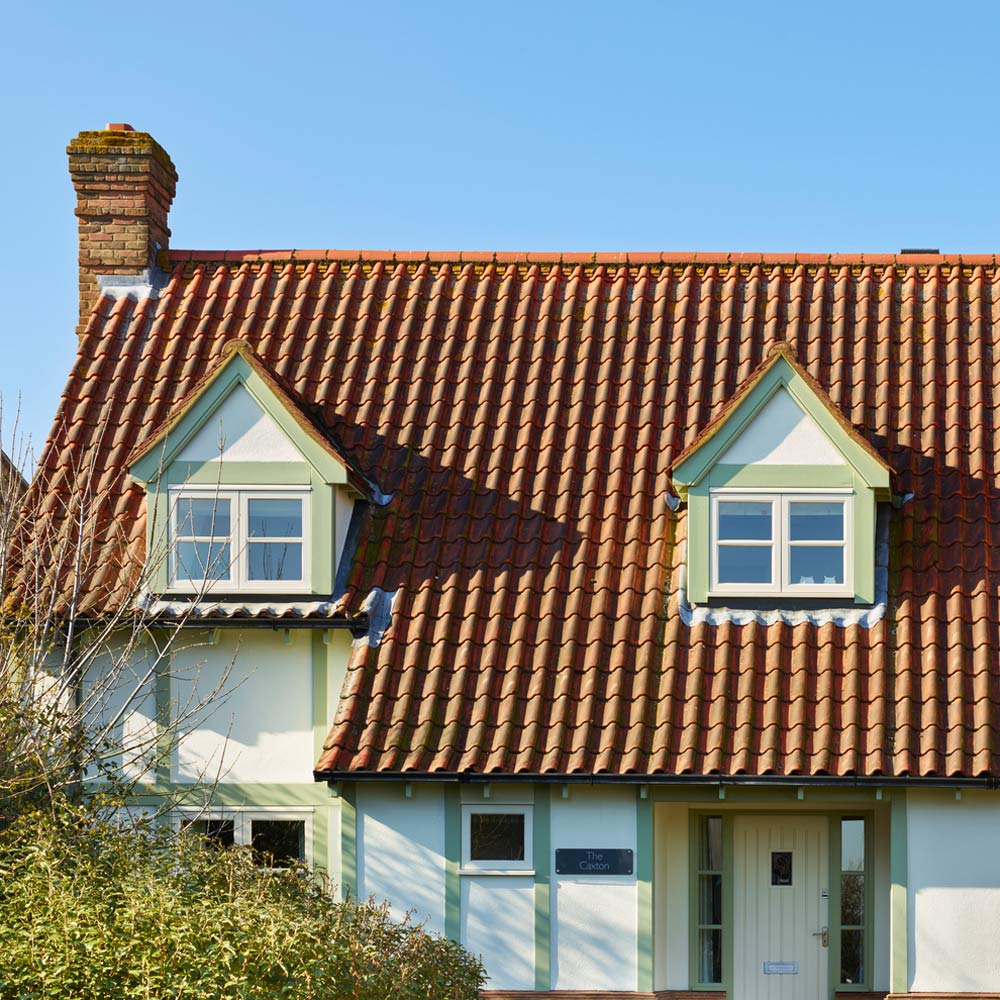
Selling your current home
If you’re selling your existing property, remember you will need to pay for both the house being built and for somewhere to live during the build. This can cause a temporary squeeze on finances.
Some people opt to live ‘on-site’ (in a caravan) to save money, but this may not appeal or be possible. Or, renting is an option. ‘It may be necessary to sign a long-term tenancy contract even if you only need the house for a shorter period.’ says Baddely-Chappel of the NaCSBA (National custom & self build Association). ‘You may need to move during the build so be prepared and aim to live light, with as much as possible in storage.’
The upside is that any equity made on the property sale will be at your disposal. ‘With a self build you will typically pay for the build in stages and potentially use many different parties for different parts of the work. This means that you need to have money readily available often in one place,’ says Baddely-Chappel.
‘This may exceed the FSCS protected limit of £85,000 (the Government-backed compensation scheme that pays out if you lose money because of a bank failure), but there is protection for up to £1m for six months on “temporary high balances” from real estate transactions.’
Taking out a self-build mortgage
Specialist self-build mortgages are available with lenders who understand the build process. They differ from standard mortgages and as the risk is much higher to the lender, they’ll need more detail about you and your project.
‘Self-build lenders want full details and a cost breakdown of the project, with a build schedule. They'll need to know who’s managing the project, the construction type, what the property is and what warranties are in place.’ says Mike Pawley.
‘Fundamentally, they want to be confident the project is ‘completable’, and to ensure the cash flow position of the client is positive throughout the build before they agreed to fund.’
Borrowing amounts are similar to standard mortgages, although larger sums are available. Lenders will look at your earnings when considering what they will offer.
‘Most self-build lenders cap their income multiple assessments at 4.5. Although, we have access to lenders that will use 5.5 times income for clients earning over £75,000,’ says Pawley. ‘Around half of lenders will value the plot when requested by the client and release funds based on the works completed. The other half will normally release at milestone stages of the build.’
Pawley adds: ‘If the land is already owned by the clients, we could fund 100% of build cost. Ideally 25% of the overall project costs (land and build) from the client will keep mortgage options open. Although we have relationships with lenders that will fund with as little as 15% deposit of the total project costs.’
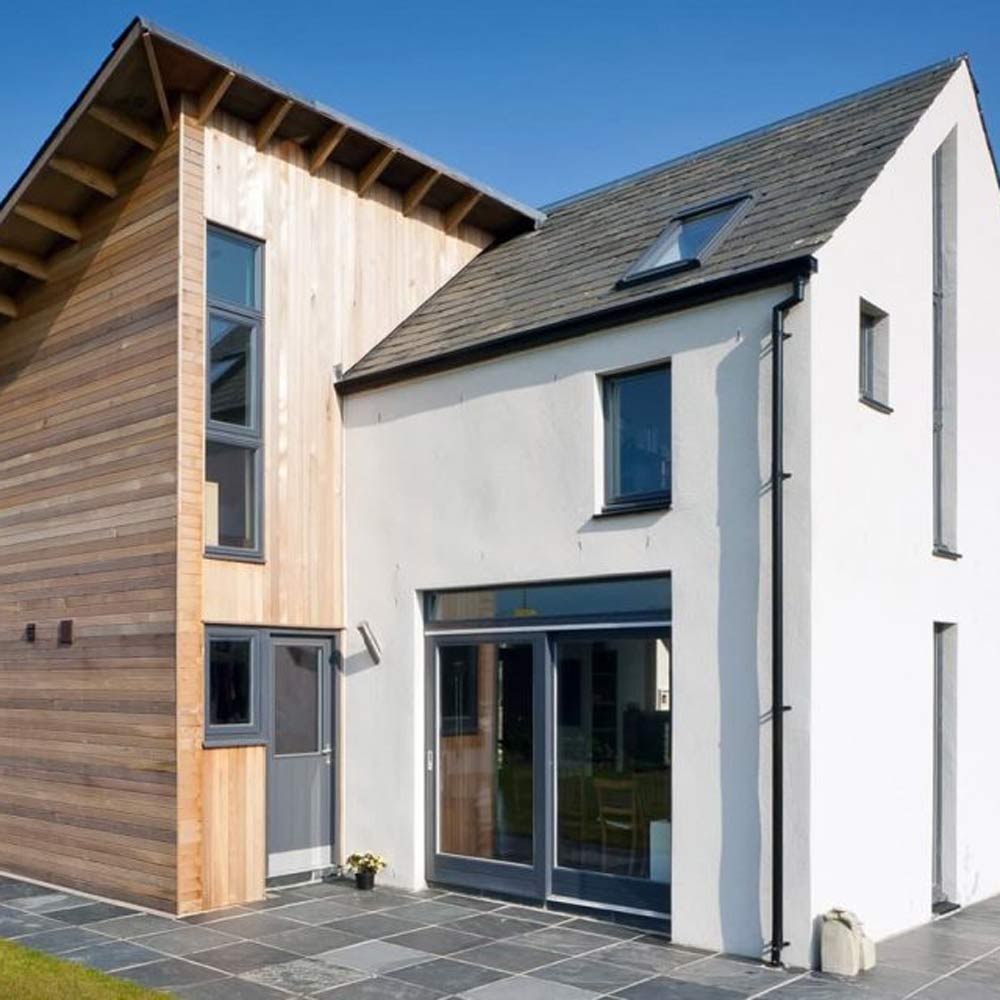
How is self-build funding looking for 2022?
‘Very positive. The Government (in England) is about to launch its Self and Custom Build Action plan, which includes Help to Build. The scheme allows individuals to build their own home with just a 5% deposit (if it’s the only home you’ll own),’ says the NaCSBA’s Baddely-Chappel.
Feature: Jackie Parker
Get the Ideal Home Newsletter
Sign up to our newsletter for style and decor inspiration, house makeovers, project advice and more.
Jacky Parker is a freelance interiors & lifestyle journalist, specialising in modern interiors, design and eco living. She has written for Future’s interior magazines and websites including Livingetc, Homes & Gardens, Country Homes & Interiors and Ideal Home for over fifteen years, both as a freelance contributor and inhouse, with stints as Acting Digital Editor, Livingetc and Acting Style Content Editor, Country Homes & Interiors. Her work also features in national and international publications including Sunday Times Style, Telegraph Stella, The Guardian, Grand Designs, House Beautiful and more. With years of experience in the industry Jacky is privy to the insider view and the go-to places for interior inspiration and design-savvy décor.
-
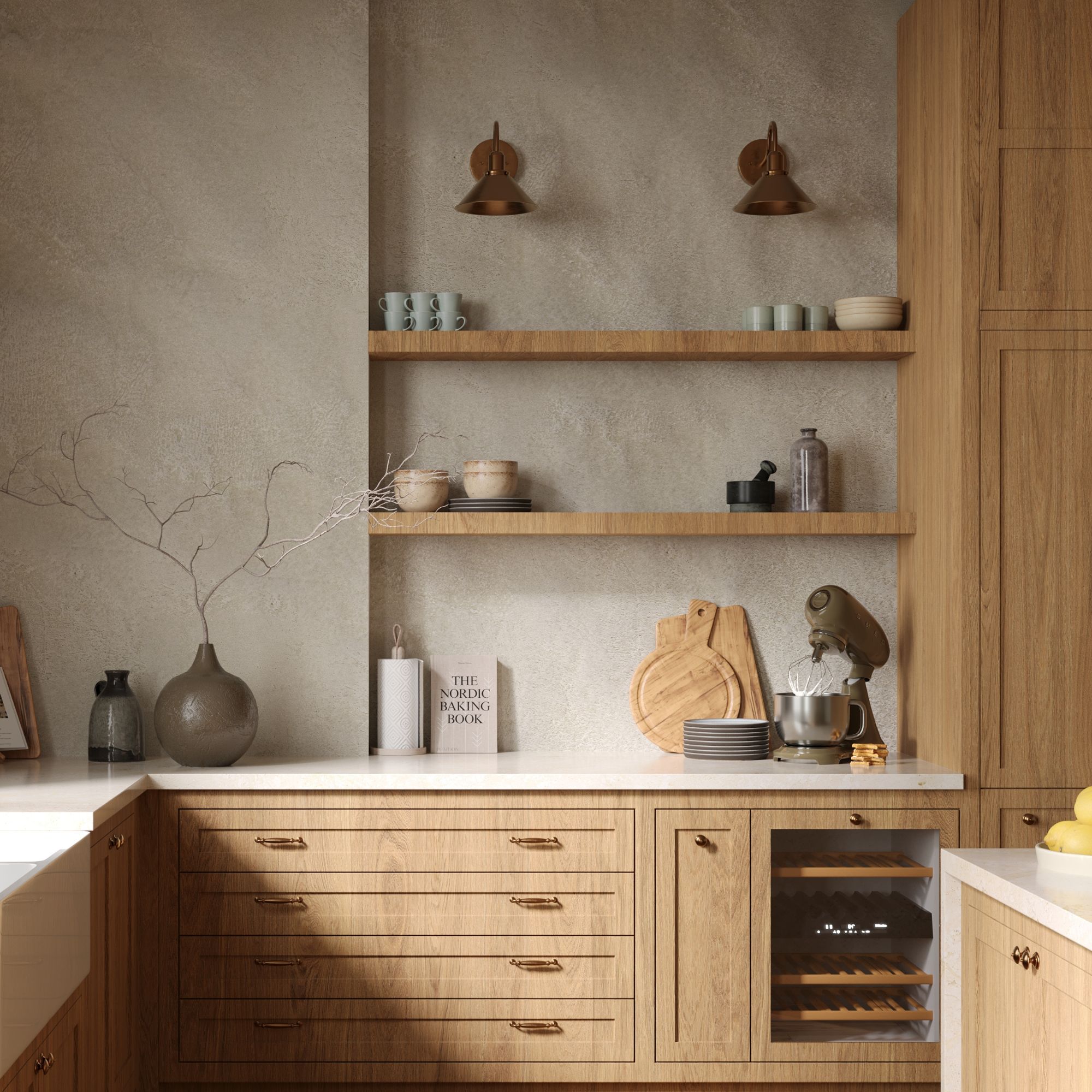 Wood drenching is the calming new twist on the colour drenching trend – here’s how to make the look work in your home
Wood drenching is the calming new twist on the colour drenching trend – here’s how to make the look work in your homeIt’s easier than ever to embrace natural materials
By Maddie Balcombe
-
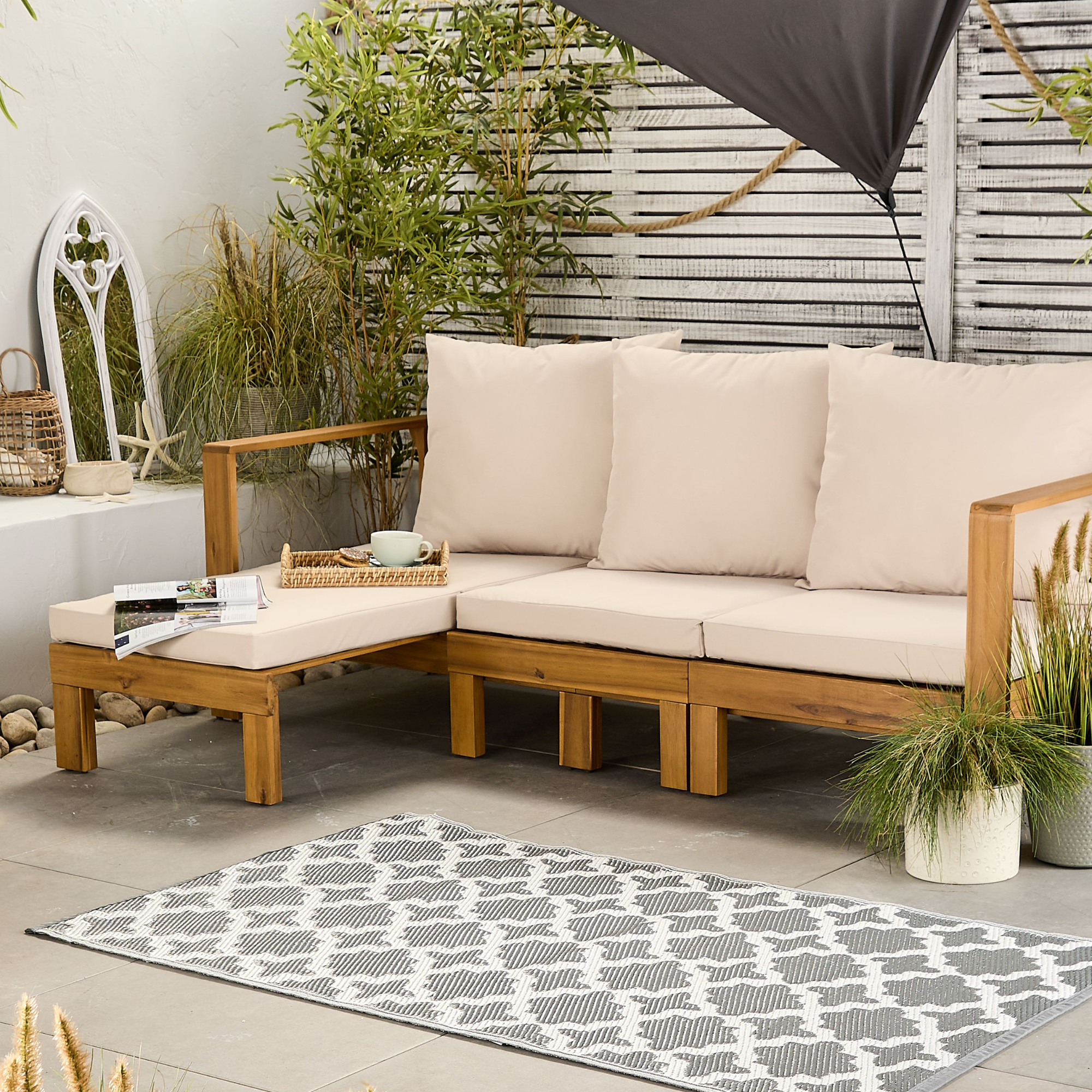 Aldi is launching a £200 day bed with four different features - its sleek design is suited to the whole family
Aldi is launching a £200 day bed with four different features - its sleek design is suited to the whole familyYou don't want to miss out on this Specialbuy
By Kezia Reynolds
-
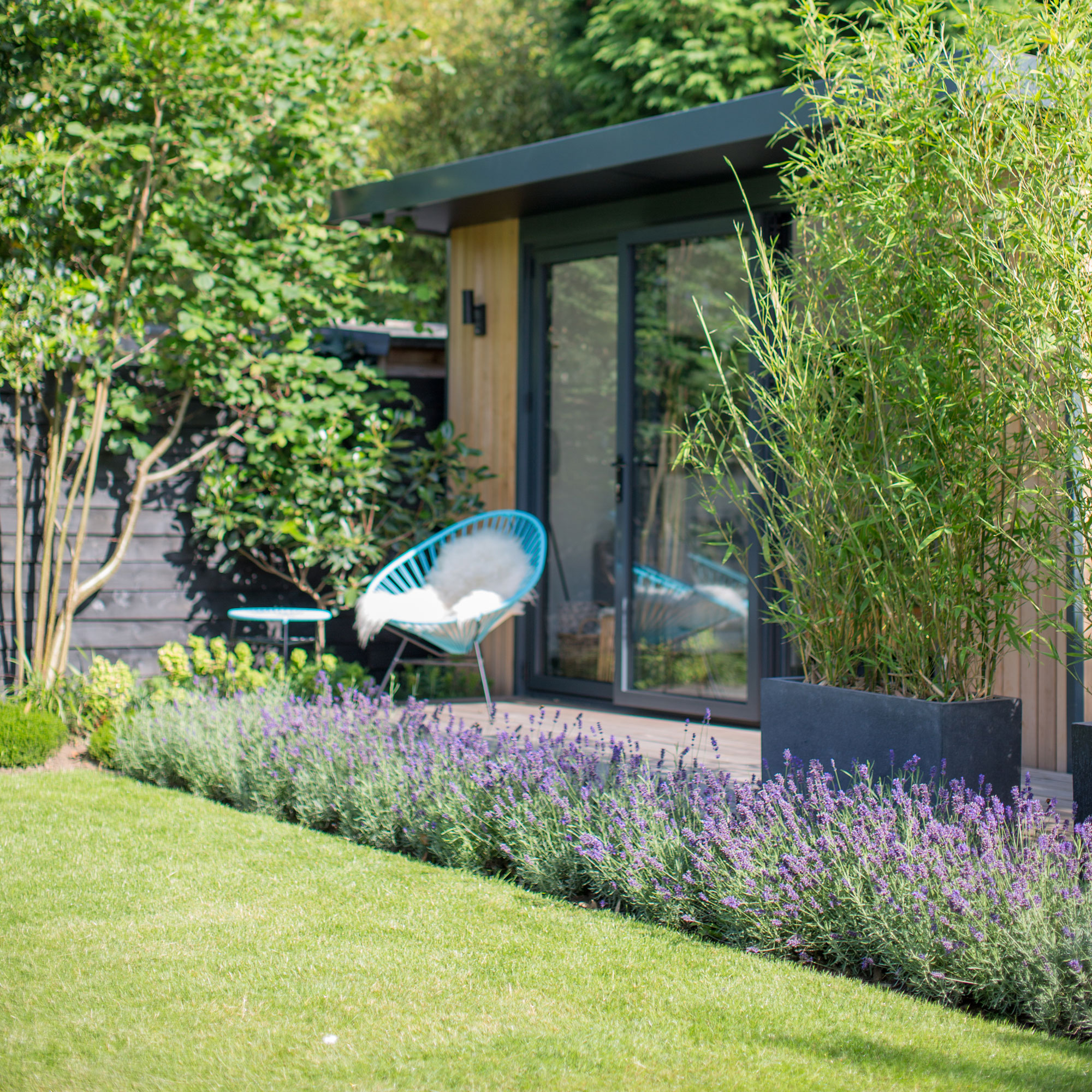 How to set up a drip watering system that saves water and a lot of effort
How to set up a drip watering system that saves water and a lot of effortKeep your plants hydrated (and your water bill down) with this clever garden watering solution
By Natalie Osborn
-
 You can claim back over £300 a year from HMRC if you work from home - here’s how to check if you’re eligible
You can claim back over £300 a year from HMRC if you work from home - here’s how to check if you’re eligibleWhen it comes to saving, every little helps
By Kezia Reynolds
-
 Experts have revealed the best day to renew your home insurance policy - you’ll want to do it sooner rather than later
Experts have revealed the best day to renew your home insurance policy - you’ll want to do it sooner rather than laterDon't leave this task at the bottom of your to do list
By Kezia Reynolds
-
 Is a variable rate mortgage ever a good idea? Experts weigh in
Is a variable rate mortgage ever a good idea? Experts weigh inOur money expert explains what a variable rate mortgage is, who they can be good for, and the pros and cons of this kind of mortgage
By Samantha Partington
-
 I’m a first-time buyer, what are my chances of getting a mortgage right now?
I’m a first-time buyer, what are my chances of getting a mortgage right now?And what you can do to increase your odds
By Rachel Wait
-
 Should you ever pay above the asking price for a home?
Should you ever pay above the asking price for a home?Our money expert explains whether you should ever pay over the asking price for a home, especially if house prices fall as predicted
By Samantha Partington
-
 Should I fix my mortgage and how long should I fix for?
Should I fix my mortgage and how long should I fix for?We speak to the experts to find out whether you should fix your mortgage and how long for as well as the impact further interest changes could have on your decision
By Samantha Partington
-
 We put your mortgage questions to two leading experts, here's what they said
We put your mortgage questions to two leading experts, here's what they saidAs mortgage panic continues, we've answered the most common questions - from when mortgage rates will come down, to when you actually have to pay stamp duty
By Samantha Partington
-
 'My mortgage is set to skyrocket - what should I do?' 5 potential solutions from a money expert
'My mortgage is set to skyrocket - what should I do?' 5 potential solutions from a money expertIf you're facing higher mortgage costs, our money expert explains various courses of action you could take to ease the pressure
By Samantha Partington